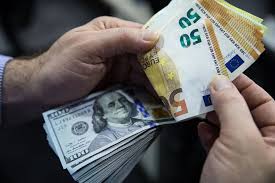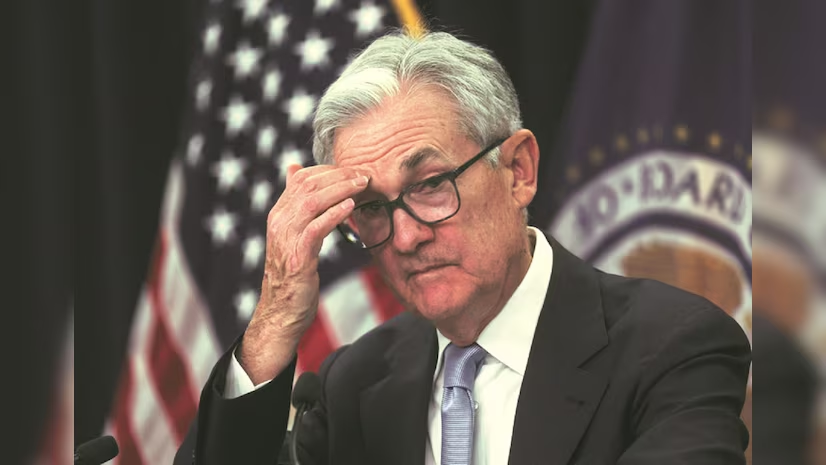The war in Ukraine has tended to increase uncertainty regarding inflation and growth prospects. When and with what consequences this war will end is pure speculation, but capital markets are expected to build a certain immunity to the headline risks in the coming weeks. The medium- to long-term consequences, on the other hand, could be significant. It is possible that we are at the beginning of a new bloc formation or a new Cold War. This would put a significant damper on globalization and further fuel higher structural inflation.
US equities extended gains for the third session on Friday and snapped a 3-week losing streak as investors looked past hawkish headlines and piled into tech and growth shares that have been battered since mid-August. The Dow added 377 points, the S&P 500 1.5% and the Nasdaq 2.1%. For the week, the Dow gained almost 3%, and both the S&P and the Nasdaq about 4%. European equity markets also closed higher on Friday, with the Euro Stoxx 50 rising by 1.6%, led by energy shares as crude prices rose for the second session. European markets marched higher for the week, following three consecutive weeks of losses, driven by gains in the banking sector on expectations of higher interest rates.
Summary
- Asian shares climbed Monday on improved risk sentiment with Japanese and Australian equities leading the way. Travel shares in Japan rose on reports that border measures may be eased further. Mainland China, Hong Kong and South Korea markets are closed today for a holiday.
- European shares are poised to extend their rally further as US equity futures remained flat ahead of key inflation data on Tuesday.
- Oil prices plunged around 1.0% this morning, extending losses from the prior two weeks, amid mounting worries about a global economic slowdown due to rapid monetary tightening in the US and Europe and after reports that China’s 2022 oil demand could shrink for the first time in two decades as the country keeps a strict zero-Covid policy.
- Ukraine’s forces continued their rapid advance in the Kharkiv region on Sunday, exploiting an extraordinary collapse of Russian defences. The advance represents Ukraine’s biggest victory since it pushed Russian troops away from the capitol Kyiv in March. Meanwhile, French President Emmanuel Macron urged Russia to withdraw “heavy and light” weaponry from the Zaporizhzhia nuclear power plant during a “frank exchange” with President Vladimir Putin on Sunday.
- Russia’s gross domestic product shrank by 4.1% year-on-year in Q2 2022, more than preliminary estimates of a 4% contraction. Russia’s government expects GDP to contract 2.9% in 2022 and 0.9% in 2023, much less than its August forecast of a 4.2% and 2.7% fall, respectively.
- GDP in the UK expanded 0.2% in July from June, rebounding from a 0.6% fall in the previous month, but below market forecasts of a 0.4% rise. Services was the main driver of the expansion, increasing by 0.4%. On the other hand, production fell 0.3%, with electricity, gas, steam and air conditioning supply sinking 3.4%.
- Treasury Secretary Janet Yellen yesterday said in an interview on CNN that she remains hopeful the US economy can avoid recession but added that Americans understand the need of the Federal Reserve to conquer inflation.
- Federal Reserve Governor Christopher Waller on Friday echoed recent sentiments from his colleagues, saying he expects a big interest rate increase this month. He also said policymakers should stop trying to guess the future and instead stick to what the data is saying.






